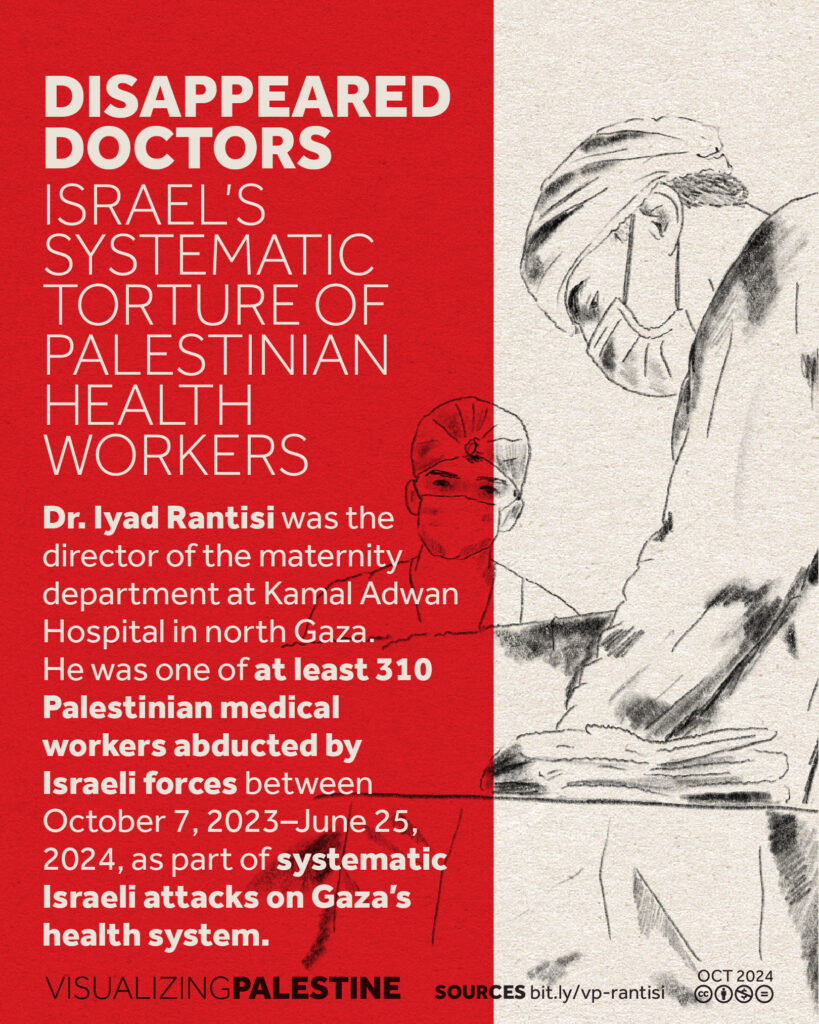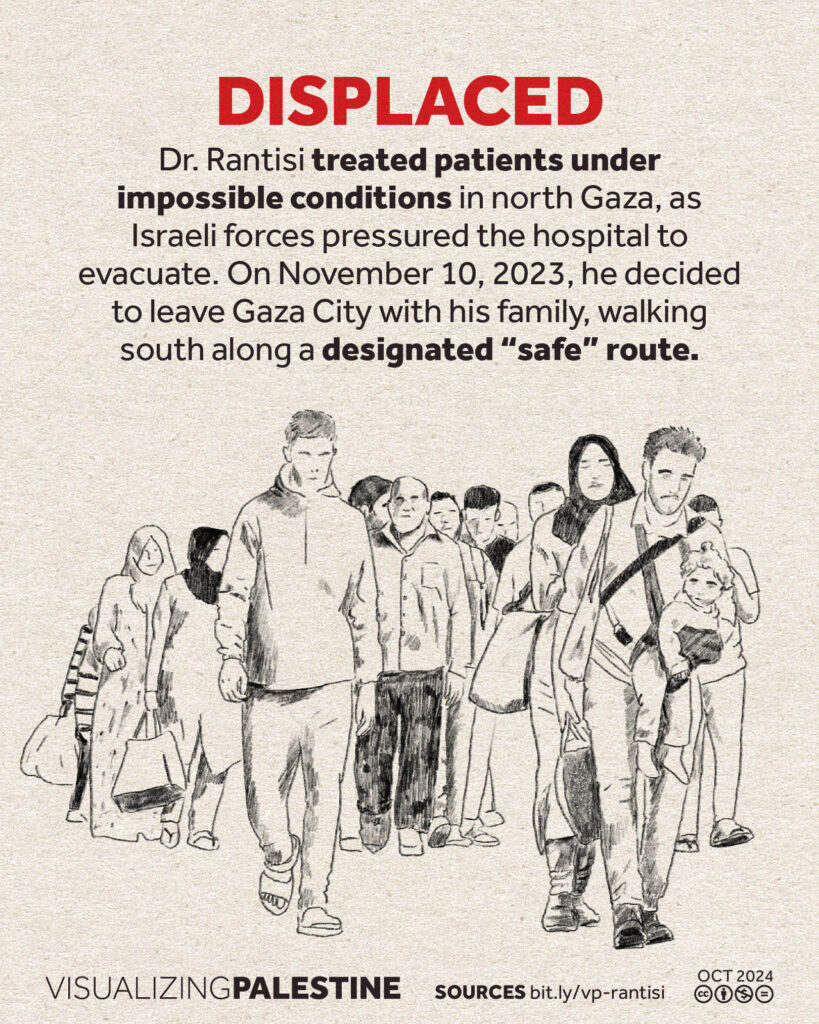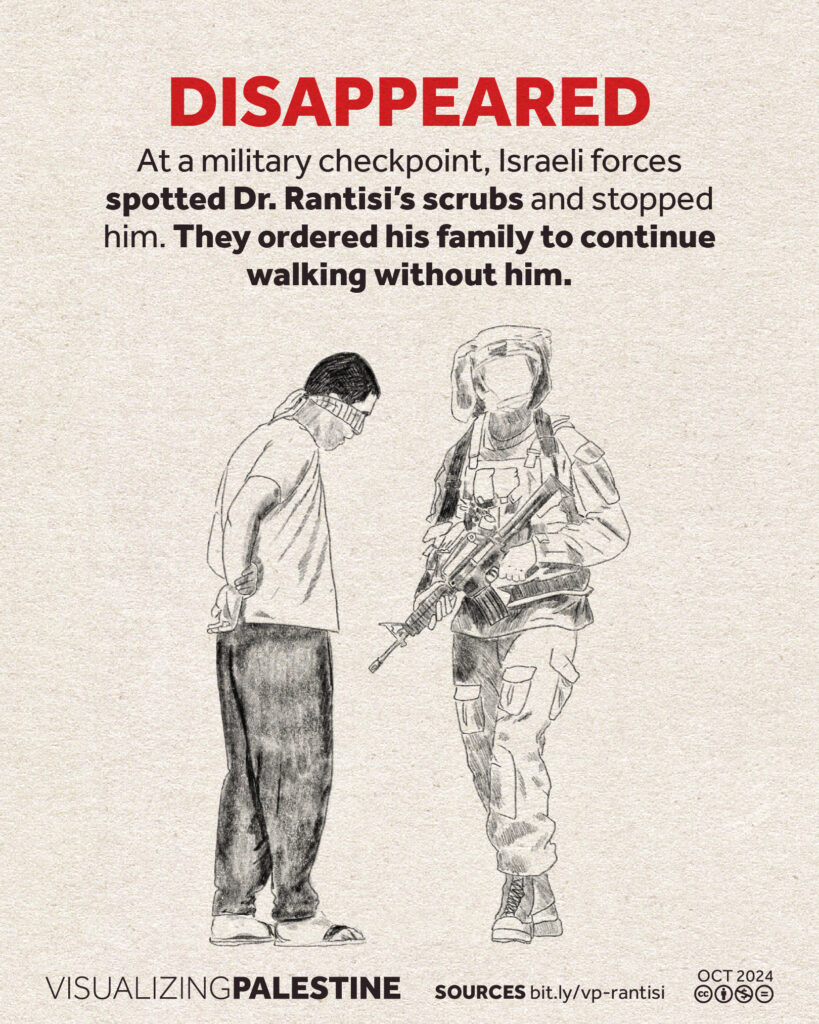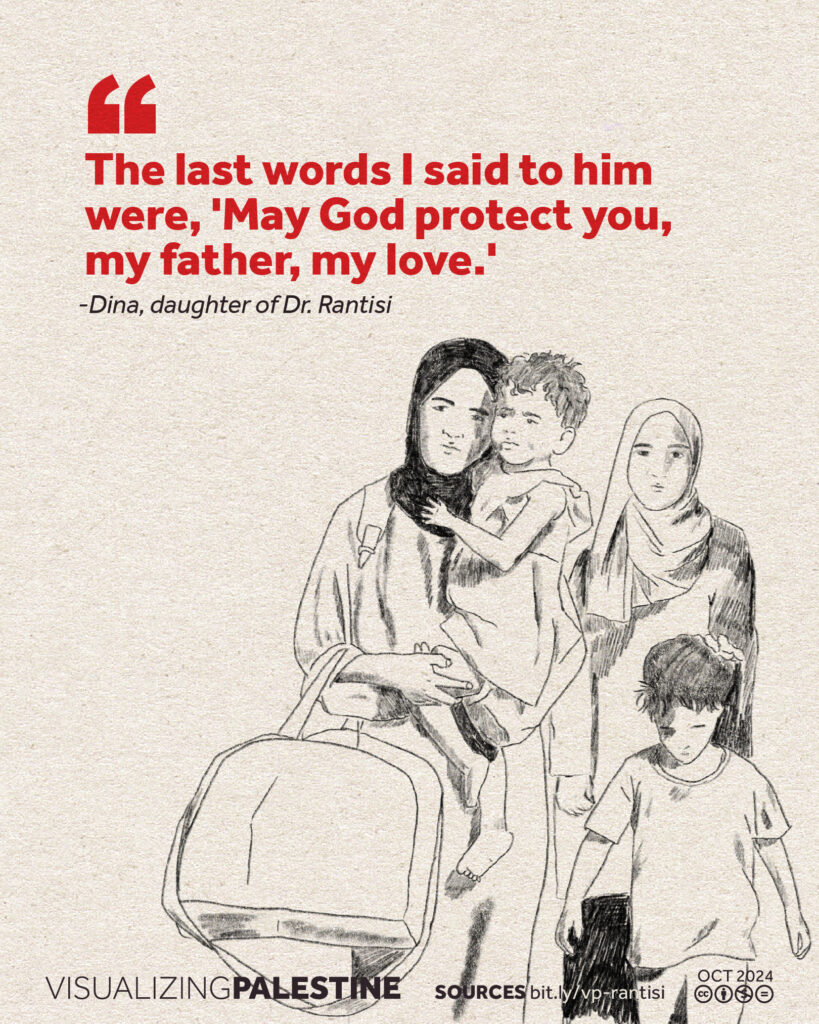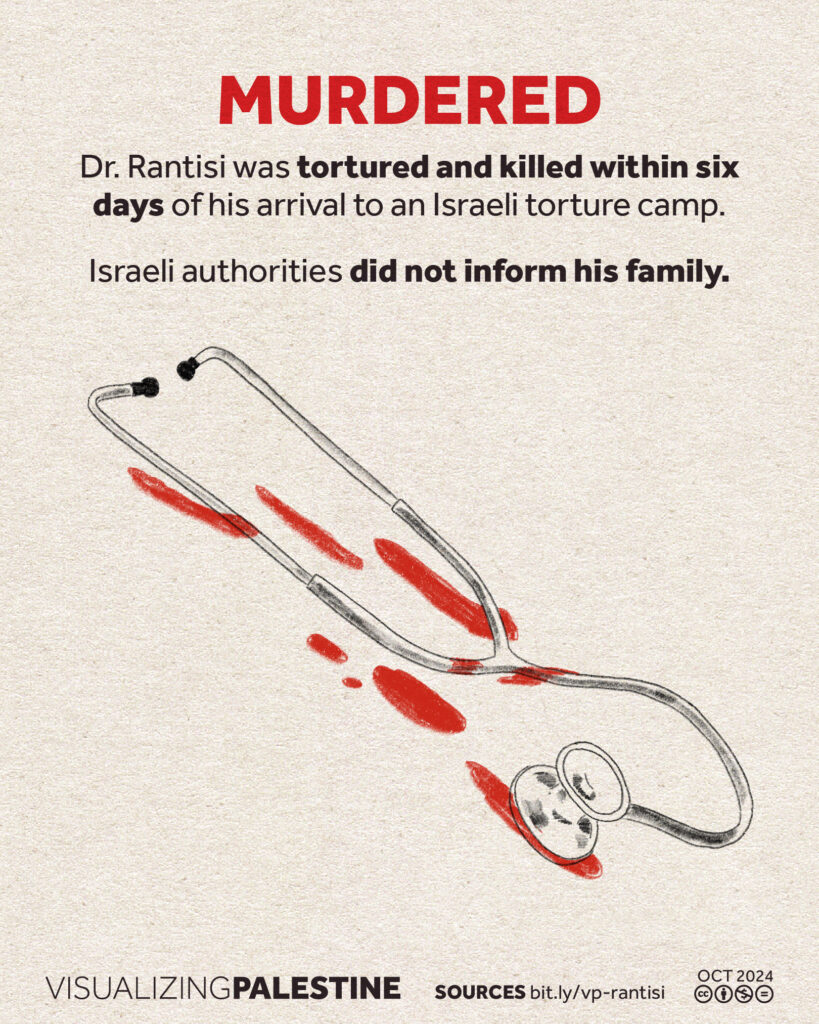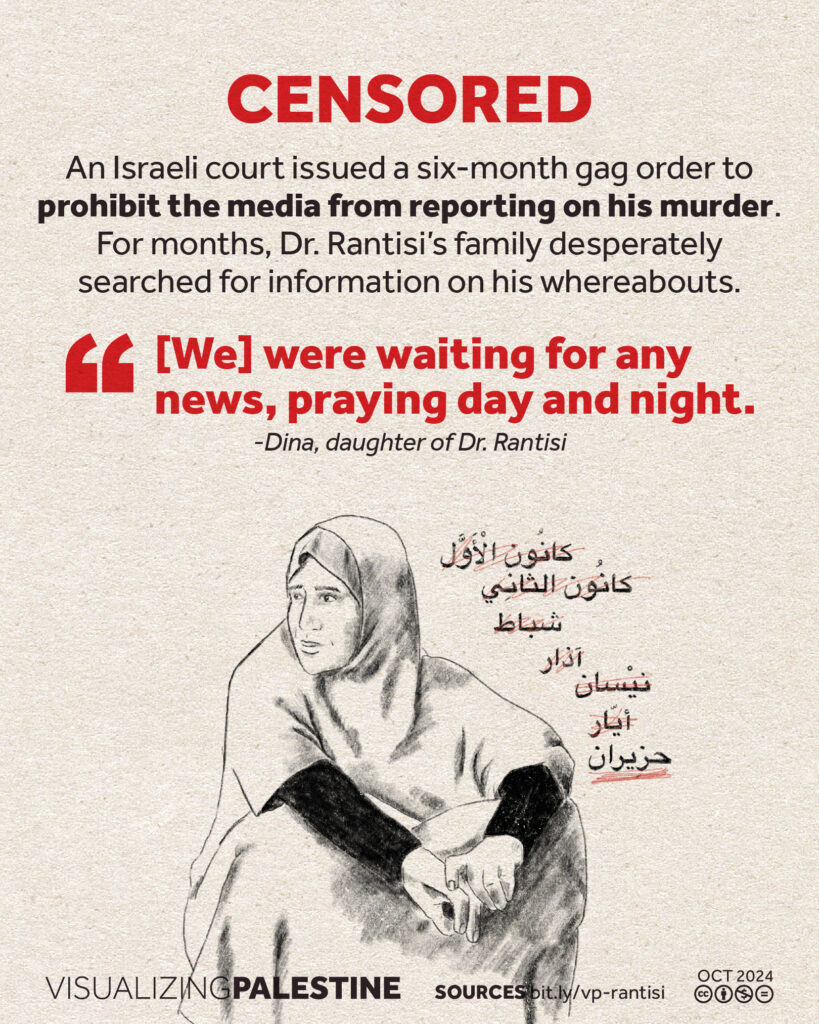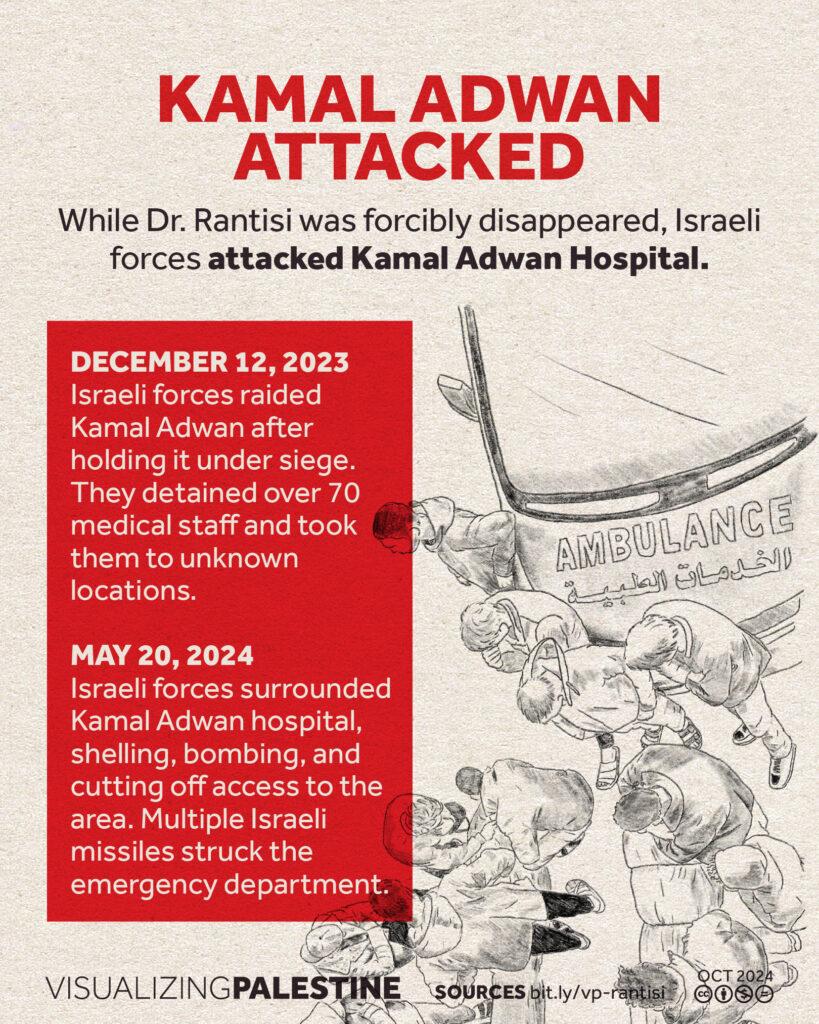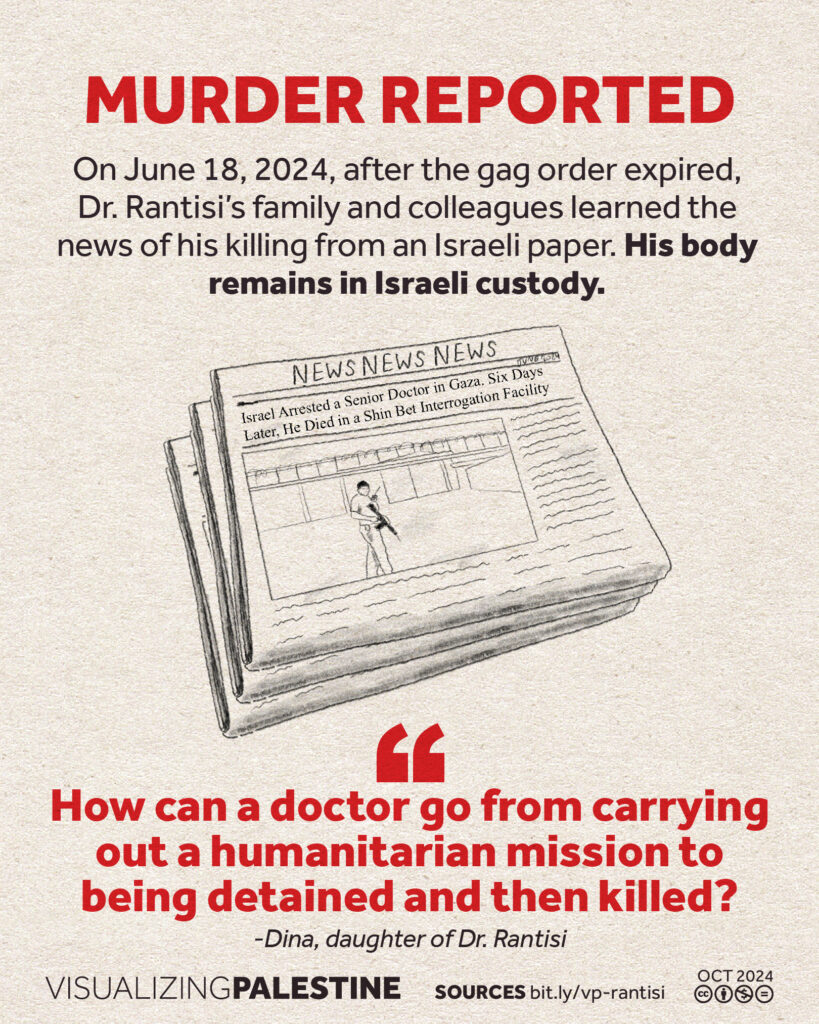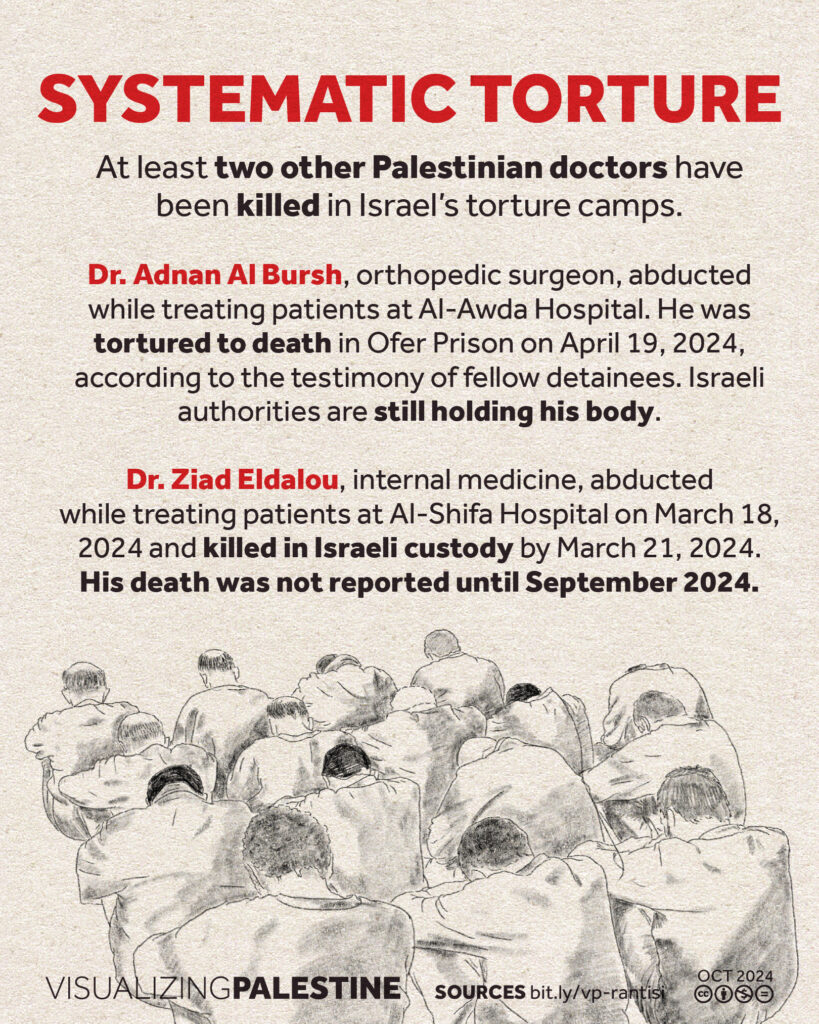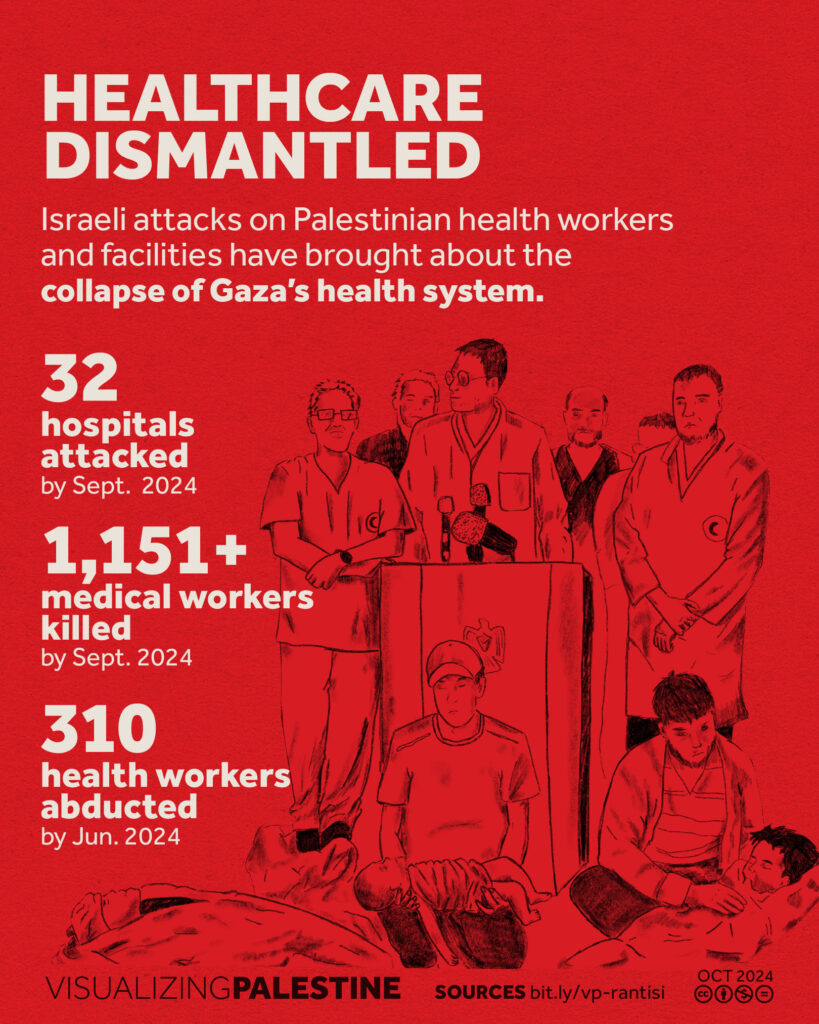Melanie Swan
Sun, November 3, 2024

Imad Amhaz was extracted from a residential building in Batroun, Lebanon, by Israeli special forces - X
A Lebanese ship captain abducted by Israeli special forces may have been acting as a double agent.
Imad Ahmaz, described by the Israeli military as a “senior Hezbollah operative”, was extracted from a residential building in Batroun, 20 miles north of Beirut, in Lebanon, on Friday.
At least 12 naval commandos from Shayetet 13 – Israel’s version of the Royal Navy’s Special Boat Service (SBS) or the US Navy’s SEALs – were involved in the dramatic raid, which was launched from an unknown location in the Mediterranean sea.
The Israeli military said in a statement that the “operative” had been transferred to Israeli territory, where he was being investigated by a military unit.
However, intelligence experts have questioned whether Mr Ahmaz had been serving as a double agent given that the extraction was markedly different from recent operations on Hezbollah targets carried out by Israel.
The operation took place in a residential building just yards from the seafront, and just 400 metres from the Batroun Marina, a popular tourist destination.
The commandos, who were ferried on speedboats, reportedly told residents that they were Lebanese security forces, before breaking down the door to Mr Ahmaz’s apartment.
“I did not see their faces, just shadows and voices. They said they were from state security,” a resident told the New York Times.
A senior political figure in Lebanon, who opposes Hezbollah, told The Telegraph on the condition of anonymity that there were “signs pointing to the fact that [Mr Ahmaz] could have been a double agent”.
“But he was also believed to be deeply involved in sea smuggling routes and financing, which could make him a valuable asset to Israel, and it would be more valuable to keep him alive,” the official added.
Batroun is believed to be the furthest north Israeli forces have ventured during the latest military offensive against Hezbollah fighters in Lebanon.

While uncommon, it would not be the first time Israel had extracted and interrogated senior Hezbollah and Hamas operatives.
Dozens of high-level Hamas figures have been captured since Oct 7 2023, providing Israeli officials with intelligence that has led to the rescue of hostages being held by the terror group.
But Israel’s operations against Hezbollah have largely focused on taking out senior leaders and fighters in massive air strikes, primarily targeting the country’s southern stronghold, where the terror group is largely based.
Hassan Nasrallah, Hezbollah’s long-time leader, was killed in such a strike two months ago.
Days before his killing, over 1,500 Hezbollah members were taken out of action after an alleged Israeli operation saw pagers and walkie-talkies belonging to them explode.
Ronen Solomon, an Israeli defence and intelligence analyst who is an expert on Hezbollah operatives and operations, told The Telegraph that Friday’s abduction was highly unusual.

Some items found in Mr Ahmaz’s room included SIM cards from different countries, multiple passports, and an old-fashioned Nokia phone, which may indicate he had been working as a spy, according to Mr Solomon.
Mr Ahmaz could have been working as a senior operative in a Hezbollah unit that specialised in transporting weapons and electronics used in the fight against Israel, he suggested.
“But also, because of his position, he could also have been recruited as a double agent for Israel and the rescue was to get him to safety outside Lebanon,” Mr Solomon added.
Ahmaz’s family telecommunications business, Stars Group Holding based in Beirut, was sanctioned by the US in 2014.
The US Treasury department accused the business of “illicit activities” through the transportation of communications devices to Hezbollah factories in Lebanon, via countries such as China and the UAE.
“Ahmaz maybe recruited the family for this kind of operation,” Mr Solomon added.
An Israeli security source, speaking on the condition of anonymity, repeated Mr Solomon’s belief that the items found in Mr Ahmaz’s room were as interesting as the abduction itself.
“Things like USBs that were left with maybe critical data on which could have helped Israel. You have to ask why they were left behind when such operations in Gaza saw all pieces of intelligence retrieved at the same time,” the source said.
The source also said it was also unusual that the CCTV around Mr Ahmaz’s location had not been disabled “unless someone wanted it to be videoed”.
Ali Hamieh, Lebanon’s minister of public works and transport, said that Mr Ahmaz was a civilian ship captain taking a course at a maritime institute in Batroun.
Lebanon’s caretaker prime minister, Najib Mikati, said he had ordered the government to file a complaint to the UN Security Council over the abduction, citing the violation of Lebanon’s sovereignty.
Israeli forces capture senior Hezbollah operative in north Lebanon, Israeli military official says
LUJAIN JO and BASSEM MROUE
Updated Sat, November 2, 2024









A Lebanese man points to the beach in Batroun, northern Lebanon, Saturday, Nov. 2, 2024, where Lebanese officials say a group of armed men landed on a coast north of Beirut and took away a ship captain and they're investigating whether Israel was involved. (AP Photo/Hussein Malla)
ASSOCIATED PRESSMore
BATROUN, Lebanon (AP) — Israeli naval forces captured a senior Hezbollah operative in north Lebanon, an Israeli military official said Saturday, as the conflict between the Iran-backed group and Israel showed few signs of easing.
Earlier on Saturday, Lebanese authorities said it was investigating whether Israel was behind the capture of a Lebanese sea captain who was taken away by a group of armed men who had landed on the coast near the northern town of Batroun on Friday.
“The operative has been transferred to Israeli territory and is currently being investigated,” the military official said, without providing the name of the person in detention.
The operation marks the first time Israel has announced it deployed troops deep into northern Lebanon to take a senior Hezbollah operative captive since the conflict between the two sides escalated in late September. Since then, Israeli forces began a ground invasion of southern Lebanon and intensified its airstrikes across the country, including southern Beirut and the eastern Bekaa valley, killing most of Hezbollah's senior commanders.
Hezbollah issued a statement describing what happened as a “Zionist aggression in the Batroun area.” The statement did not give details or confirm whether a Hezbollah member was captured by Israel.
Two Lebanese military officials confirmed to The Associated Press that a naval force landed in Batroun, about 30 kilometers (18 miles) north of Beirut, and abducted a Lebanese citizen. Neither gave the man’s identity or said whether he was thought to have links to Lebanon’s Hezbollah group. They did not confirm whether the armed men were an Israeli force.
Three Lebanese judicial officials told AP the operation took place at dawn Friday, adding that the captain might have links with Hezbollah. The officials said an investigation is looking into whether the man is linked to Hezbollah or working for an Israeli spy agency and an Israeli force came to rescue him.
Both the military and judicial officials spoke on the condition of anonymity as they were unauthorized to share details about the incident or the ongoing investigation.
Soon after Israel went public about the operation, Lebanese Prime Minister Najib Mikati called on Lebanon’s foreign minister to file a complaint against Israel at the U.N. Security Council.
Israel has carried out in the past commando operations deep inside Lebanon to kidnap or kill Hezbollah and Palestinian officials.
Recounting the event, Lebanese residents from the apartment building where the man was seized said the armed group introduced themselves as state security.
“We were terrified. They were breaking into the apartment next to ours,” Hussein Delbani told The Associated Press near where the man was captured. “I thought a state agency was doing a security operation,” said Delbani, who was displaced from south Lebanon a month ago when the Israel-Hezbollah war erupted.
He said he saw from his balcony people down on the coast and they screamed again for him to go inside.
Hamie told Al-Jadeed the man was a captain of civilian ships. He graduated in 2022 and in late September joined the Batroun's Maritime Sciences and Technology Institute for additional courses. Hamie said that the man lived some 300 meters (980 feet) from the institute.
Hamie's remarks came shortly after two Lebanese journalists posted a video on social media showing what appeared to be about 20 armed men taking away a man from in front a house, his face covered with his shirt.
Kandice Ardiel, a spokesperson for the U.N. peacekeeping force deployed in south Lebanon, denied allegations by some local journalists who said that the peacekeepers helped the landing force in the operation. The U.N. mission, known as UNIFIL, has a maritime force that monitors the coast.
"Disinformation and false rumors are irresponsible and put peacekeepers at risk,” Ardiel said.
Hezbollah began firing rockets, drones and missiles from Lebanon into Israel in solidarity with Hamas immediately after the Hamas-led Oct. 7, 2023, attack on Israel, which triggered the war in Gaza. The yearlong cross-border fighting boiled over to full-blown war on Oct. 1, when Israeli forces launched a ground invasion of southern Lebanon for the first time since 2006.
___
Mroue reported from Beirut. Associated Press writers Sally Abou Aljoud in Beirut and Natalie Melzer in Tel Aviv, Israel, contributed to this report.
___
Follow AP’s war coverage at https://apnews.com/hub/israel-hamas-war
View comments (462)
Lebanon sources say man seized on coast in suspected Israeli raid
AFP
Sat, November 2, 2024

Lebanese soldies inspect the beach at a reported landing site for a "naval commando force" which abducted a Lebanese mariner according to a military source, in the northern coastal town of Batroun on November 2, 2024. Lebanon's official National News agency said an "unidentified military force" landed on the shore of Batroun at dawn on November 1, adding it "went with all its weapons and equipment to a chalet near the beach, kidnapping a Lebanese man... and sailing away into the open sea on a speedboat", while a military source added that an investigation is underway to determine whether the operation was carried out by Israel.
A Lebanese military source said Saturday that unidentified naval commandos abducted a trainee mariner in the coastal city of Batroun, in an operation a judicial official said was likely carried out by Israel.
"A naval commando force kidnapped a civilian," the military source said on condition of anonymity, adding an investigation was underway to determine whether the operation was carried out by Israel.
A Lebanese judicial official said Israel was likely behind the "kidnapping operation", the first of its kind since the Israel-Hezbollah war erupted in September.
Speaking on the condition of anonymity to discuss sensitive matters, the official said there was a "90 percent chance" that Israel was responsible.
Contacted by AFP, the Israeli military said they were checking reports of the incident.
Lebanon's official National News agency said an "unidentified military force" carried out a "sea landing" on the shore of Batroun, south of Tripoli, at dawn on Friday.
The force "went with all its weapons and equipment to a chalet near the beach, kidnapping a Lebanese man... and sailing away into the open sea on a speedboat," the NNA said.
An acquaintance of the abductee identified him as a student at the Maritime Sciences and Technology Institute (MARSATI) in Batroun.
He was taken from student housing near the Batroun institute, but was a resident of the Shiite-majority town of Qmatiyeh further south, said the acquaintance who spoke on the condition of anonymity for security concerns.
He was completing courses to become a sea captain, the source told AFP, adding that the man was in his 30s and was well known by the teaching staff at the centre.
The Christian-majority city of Batroun has been relatively sheltered from the Israel-Hezbollah war that has pummelled south Lebanon, the southern suburbs of Beirut and the eastern Bekaa Valley.
The war since September 23 has killed more than 1,900 people in Lebanon, according to an AFP tally of health ministry figures though the real number is likely higher due to data gaps.
bur-tgg/ho/dv
Israeli military captures alleged Hezbollah naval ops official in north Lebanon sea raid
Euronews
Sat, November 2, 2024
Israeli naval forces have captured a senior Hezbollah operative in northern Lebanon as the conflict between the Iran-backed group and Israel showed few signs of easing.
An Israeli military official said in a statement that IDF forces captured a "senior operative of Hezbollah" and took him back to Israel for investigation by military intelligence.
The media outlet Axios cited Israeli sources as saying the captured man is called Imad Amhaz and is allegedly responsible for Hezbollah's naval operations.
Two Lebanese military officials confirmed that a naval force landed in Batroun, about 30 kilometres north of the capital Beirut, and abducted a Lebanese citizen.

The operation marks the first time Israel has announced it deployed troops deep into northern Lebanon to take a senior Hezbollah operative captive since the conflict between the two sides escalated in late September.
Hezbollah issued a statement describing what happened as a "Zionist aggression in the Batroun area." The statement did not give details or confirm whether a Hezbollah member was captured by Israel.
Soon after Israel went public about the operation, Lebanese caretaker Prime Minister Najib Mikati called on Lebanon's foreign minister to file a complaint against Israel at the UN Security Council.
Recounting the event, Lebanese residents from the apartment building where the man was seized said the armed group introduced themselves as state security.
"We were terrified. They were breaking into the apartment next to ours," Hussein Delbani said.
"I thought a state agency was doing a security operation."
Kandice Ardiel, a spokesperson for the UN peacekeeping force deployed in Lebanon, UNIFIL, denied allegations by some local journalists who said that the peacekeepers helped the Israeli landing force in the operation.
"Disinformation and false rumours are irresponsible and put peacekeepers at risk," Ardiel said.
Cross-border fire
Hezbollah and Israel have traded almost daily fire since the war in Gaza began in October last year.
Hezbollah is ideologically-aligned with the Gaza-based militant group Hamas and Hezbollah says its strikes on Israel are in solidarity with the Palestinian people.
The year-long cross-border fighting, which has displaced tens of thousands on both sides of the border, erupted into full-blown war on 1 October when Israeli forces launched a ground invasion of southern Lebanon for the first time since 2006.
It is estimated that up to 15,000 IDF soldiers have been deployed to Lebanon.

















